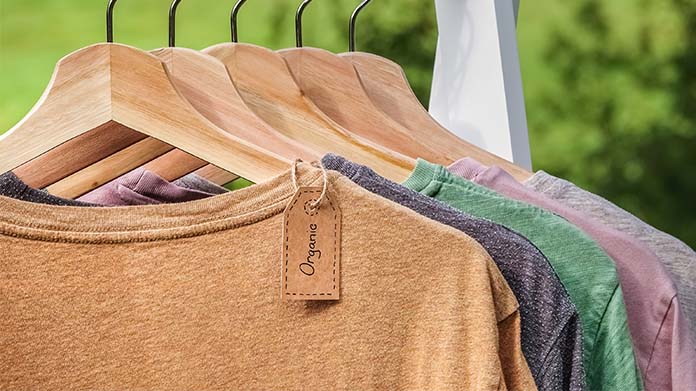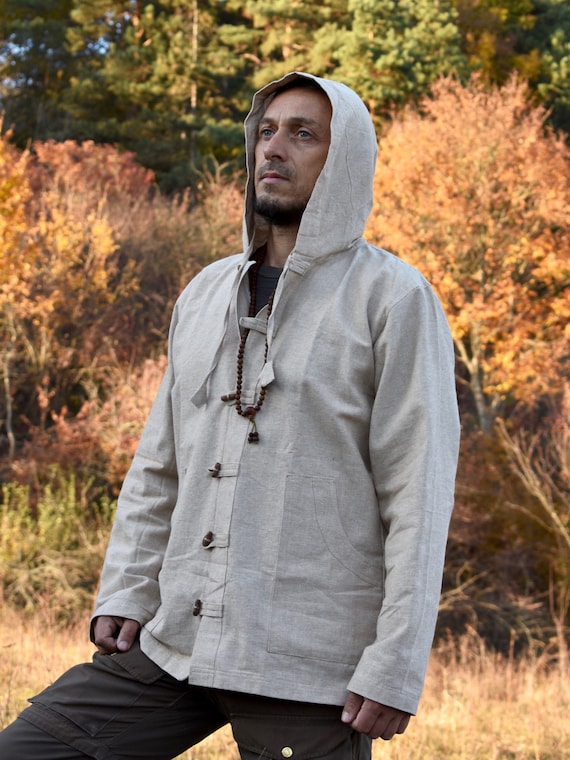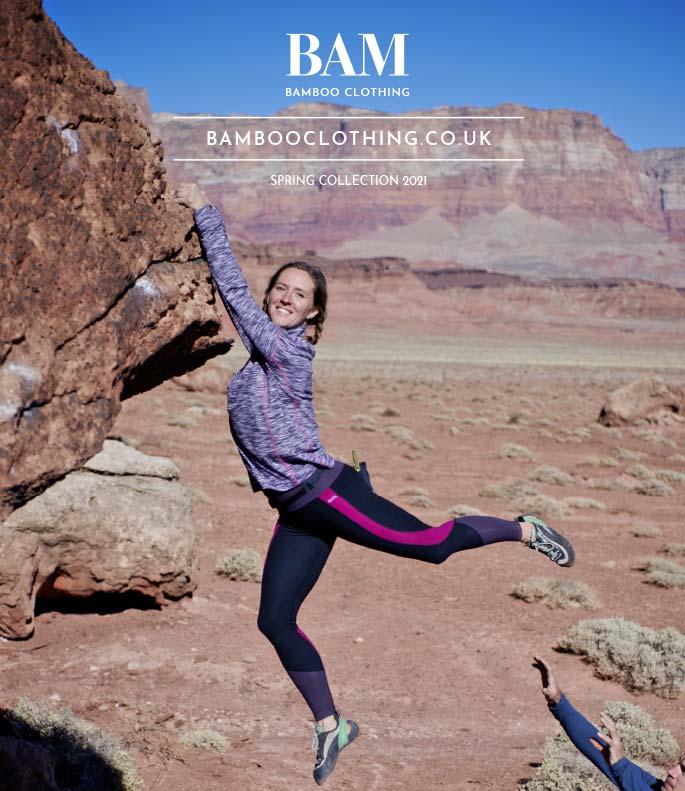Recommended News On Deciding On Bamboo Clothing
Wiki Article
Why Is Hemp So Much More Bidegradable, Durable And Regenerative Than Cotton?
Hemp, due to its natural properties and the manner in which it is grown is believed to be more durable and sustainable than cotton. Here's why- Biodegradability-
Natural Fiber Natural Fiber Hemp is made of an organic plant fibre which is biodegradable. Clothing and textiles from hemp naturally decompose when discarded. They return to nature, leaving no long-lasting residue. The breakdown of synthetic fibers like polyester can take up to hundreds of years.
Hemp textiles are generally free of synthetic additives or treatments that block biodegradability. Contrary to cotton fabrics, which might contain chemical compounds made from synthetic materials (such as dyes and finishers) which can hinder biodegradation, hemp fibers do not.
Durability-
Hemp is renowned for its strength and durability. Hemp textiles, clothing, and other products are more durable than cotton. The long-lasting nature of hemp clothing means that it is able to endure more washings and wearing cycles before degrading.
Less Prone to Pillingless prone to pilling Hemp fabrics are less prone to pilling (the formation of tiny fuzzy balls that form on the fabric's surface) compared to cotton. This characteristic helps to improve their overall quality and longevity.
Regenerative Agriculture-
Soil Health Hemp cultivation is regenerative when used responsibly. Hemp has a deep root system which can help stop soil erosion and compaction as well as increase soil health by aerating soil and encouraging the activity of microbial. This regenerative ingredient will help keep the soil in better shape for future crop production.
Low environmental impact - Sustainable hemp cultivation techniques generally use low levels of pesticides and herbicides to limit environmental harm. Contrary to traditional cotton farming could cause the degradation of soils and pollution of water because of its dependence on synthetic chemicals.
Water Efficiency-
Hemp typically requires less water than cotton. Its drought-resistant properties mean it is able to thrive even with little irrigation or in rain-fed environments. This makes it an excellent option for regions with scarce water resources.
Hemp is a simple crop to incorporate in crop rotations that improve the soil's health. It can also reduce the risk for disease accumulation and soil loss. Cotton farming isn't as susceptible to crop rotation.
Hemp is a versatile plant that can be used in many ways, including for clothing, textiles or building materials. Hemp's versatility permits it to be used in a vast variety of industries, using sustainable and regenerative techniques.
While hemp is a great choice for these benefits but it's important to know that both cotton and hemp can be grown sustainably or not, based on the farming practices and methods of processing. Select hemp products that are produced using ethical, sustainable practices in order to reap the maximum environmental advantages. Organic cotton products are a great way to decrease the environmental impact of conventional cotton. Have a look at the recommended hemp clothes info for website info including hemp baja hoodie, hemp clothing for men, hemp tees, patagonia iron forge pants, afends jesse dress, organic hemp hoodie, women's all seasons hemp canvas bomber hoody jacket, patagonia hemp work pants, hemp tank top, hemp garments and more.

What Are The Benefits Of Hemp Fibers In Terms Of Carbon Sequestration?
Hemp fibers are a green option for textile and agricultural production. They can help with the sequestration of carbon and sustainability.
Hemp is a very rapid-growing plant. It can mature in as little as 70 to 120 days, according to the type of plant and the conditions. As part of photosynthesis, hemp plants absorb the CO2 from the atmosphere during their rapid growth. This carbon uptake could significantly aid in carbon sequestration, reducing CO2 levels in the atmosphere.
Hemp is popular for its large amount of biomass. The plant's tall stalks as well as dense foliage produce a significant quantity of organic matter. When mixed in soil, or used to create various products can help to build up of carbon.
Sustainability:
Minimal Chemical Use- Hemp cultivation typically requires less synthetic herbicides and pesticides as than other crops, like cotton. The natural resistance of hemp to pests and diseases decreases the need for chemical intervention. Organic hemp farming is a sustainable way of growing hemp because it doesn't use synthetic chemicals.
Hemp can be irrigated using only a small amount of water, in contrast to traditional cotton, which is water-intensive. This makes it more feasible in areas that are water-deficient.
Hemp's deep-rooted system is able to improve the soil's health. Its roots reduce soil runoff and also stabilize the soil's structure, thus preventing soil erosion. Hemp cultivation can also boost the activity of soil microbial organisms, promoting nutrient cycling and soil fertility overall.
Hemp is a great crop to incorporate into rotation systems. Crop rotation refers to the process of rotating crops in a field for a period of time. This technique can end the cycle of pests and diseases decrease soil loss and improve soil structure. Hemp is an excellent crop to rotate, and its use can contribute to sustainable farming practices.
Crop Rotation-
Hemp crops can be rotated with other crops like legumes, grains and even vegetables. Diversification can help farmers maintain the health of their soil and also reduce diseases and pests. It also helps to maintain balanced nutrition cycles.
Hemp roots penetrate the soil and aerate it which helps reduce compaction and enhances the infiltration of water. After harvesting hemp is harvested, the soil's structure will be improved and will benefit the subsequent crops in the rotation.
In summary hemp fibers can enhance carbon sequestration and sustainability, as well as crop rotation and efficiency of water through their rapid growth, biomass production and minimal chemical demands. These characteristics make hemp cultivation an environmentally friendly and sustainable agriculture practice. Have a look at the best hemp clothing for blog info including patagonia work pants hemp, hemp active wear, hemp fabric clothing, hemp apparel wholesale, organic hemp hoodie, hemp fabric, hemp pants womens, hemp hoodie, patagonia hemp shorts, hemp sweatshirt and more.

What are outdoor activities and what is bamboo-based clothing revoltionising for?
Bamboo-based clothing is changing outdoor activities due to its unique blend of comfort, performance and durability. Here are some outdoor activities where bamboo-based clothing can make significant impact for hiking: Hiking
Why? Bamboo-based clothing provides excellent moisture-wicking characteristics which keep the hiker dry and cool. Its breathability regulates body temperature during walking in all conditions of weather. Bamboo's softness minimizes the risk of irritation or chafing.
Trail Running
The reason is that bamboo clothing is breathable and wicks moisture away and wicks away moisture, both of which are essential to runners on trails. Bamboo clothing keeps runners cool and dry to avoid discomfort during strenuous workouts.
Camping-
Bamboo clothing can be worn all day making it perfect for camping. Its softness and moisture-wicking abilities ensure that campers remain dry and cozy around the campsite, whether they're making tents, cooking, or lounging around the fire.
Backpacking-
Backpackers will appreciate clothing that is light and wicks moisture away, as well as clothing which can withstand a variety of conditions. Bamboo-based clothing's versatility, comfort and capacity to regulate body temperature makes it the ideal option for long-distance backpacking trips.
Climbing-
Bamboo clothing is appreciated by climbers for its flexibility and mobility. This clothing is soft and wicks away moisture so climbers stay dry even on the toughest of ascents.
Mountain Biking-
Why- Mountain bikers require comfortable and moisture-wicking clothes to stay comfortable during high-intensity riding. The bamboo clothing's ability control temperature and the moisture is advantageous for bikers who ride on difficult trails.
Yoga as well as Outdoor Fitness-
Why- Bamboo has a softness that is ideal for yoga in the outdoors and also its ability to wick moisture. It allows for a range of motion that keep the person comfortable.
Fishing-
Fishing enthusiasts are drawn to bamboo clothes due to its softness and moisture-wicking capacity, particularly when they spend a long time in the water. Bamboo regulates body temperature and keeps skin dry. This reduces the chance of irritations and discomfort.
and Adventure Travel and Adventure Travel
Whybamboo-based clothes are ideal for those who travel to various climates and different environments. Its versatility, comfort, and quick drying capabilities make it an an excellent choice for adventure travel when space and weight are limited.
Sustainability-Focused Activities-
The minimal environmental impact of bamboo is one of the reasons people who are concerned about the environment and prioritize sustainability choose bamboo clothing. Bamboo is a fantastic choice for those who value environmental sustainability and sustainable practices while engaging in outdoor activities.
The summary: Bamboo clothing gives comfort, moisture management and temperature control. Bamboo's versatility makes it ideal for outdoor activities. This enhances the overall experience and pleasure for adventurers and nature lovers. View the most popular bamboo clothes for blog advice including bamboo tee shirts, bamboo clothing wholesale, yala pajamas, bamboo fishing shirts, jacket bamboo, bamboo cotton shirts, faceplant pajamas, rayon from bamboo fabric, boody bamboo underwear, bamboo maternity wear and more.
